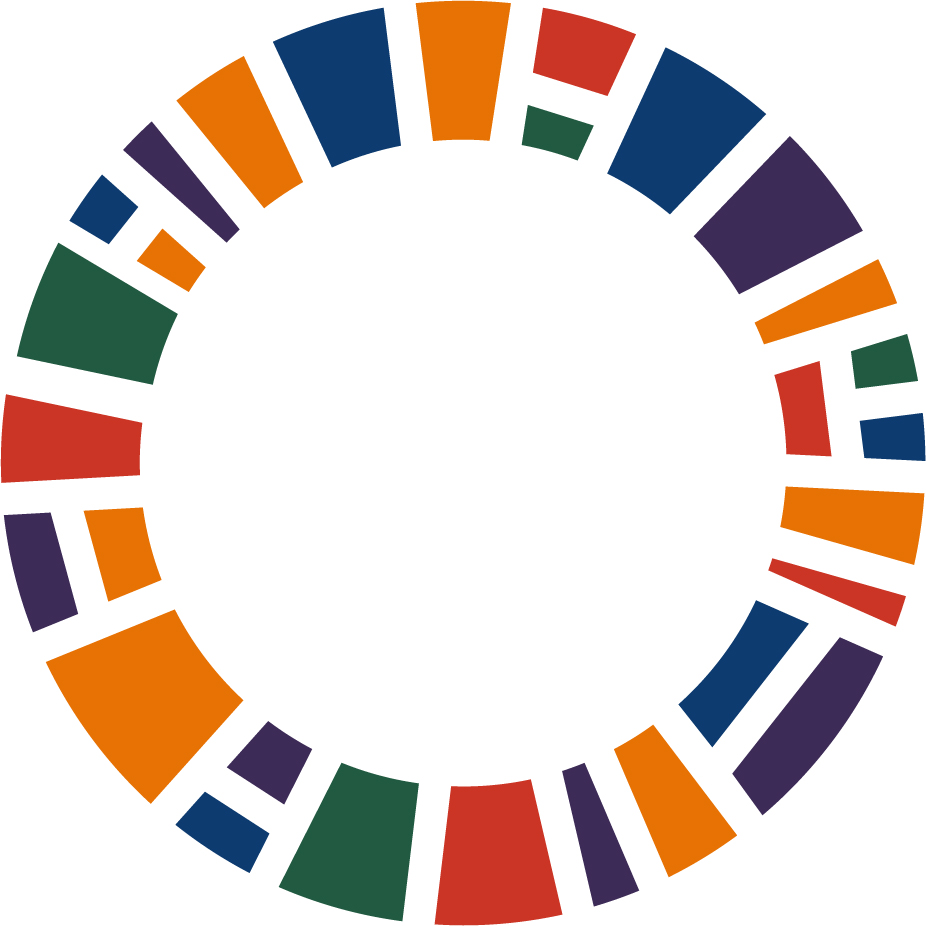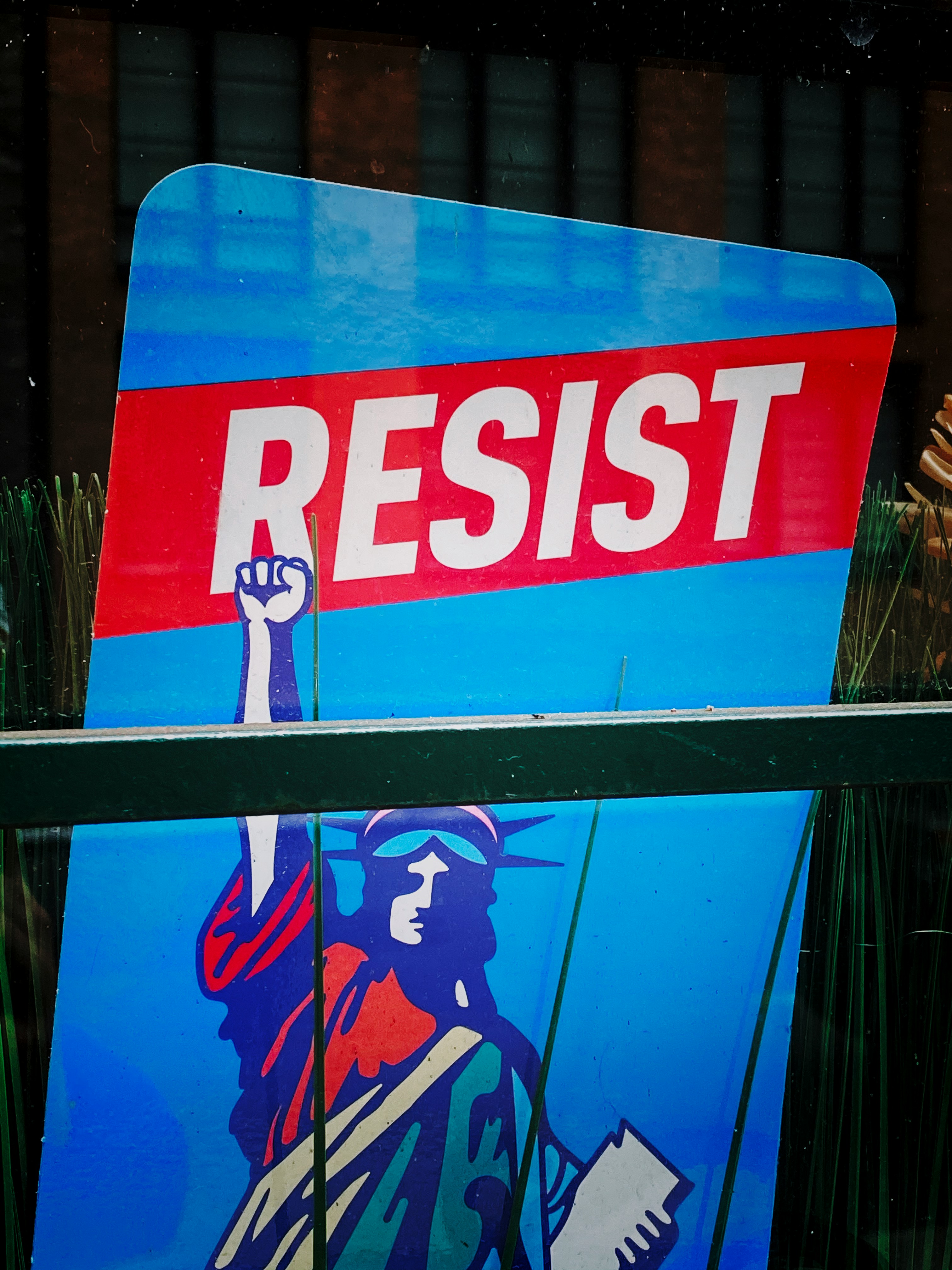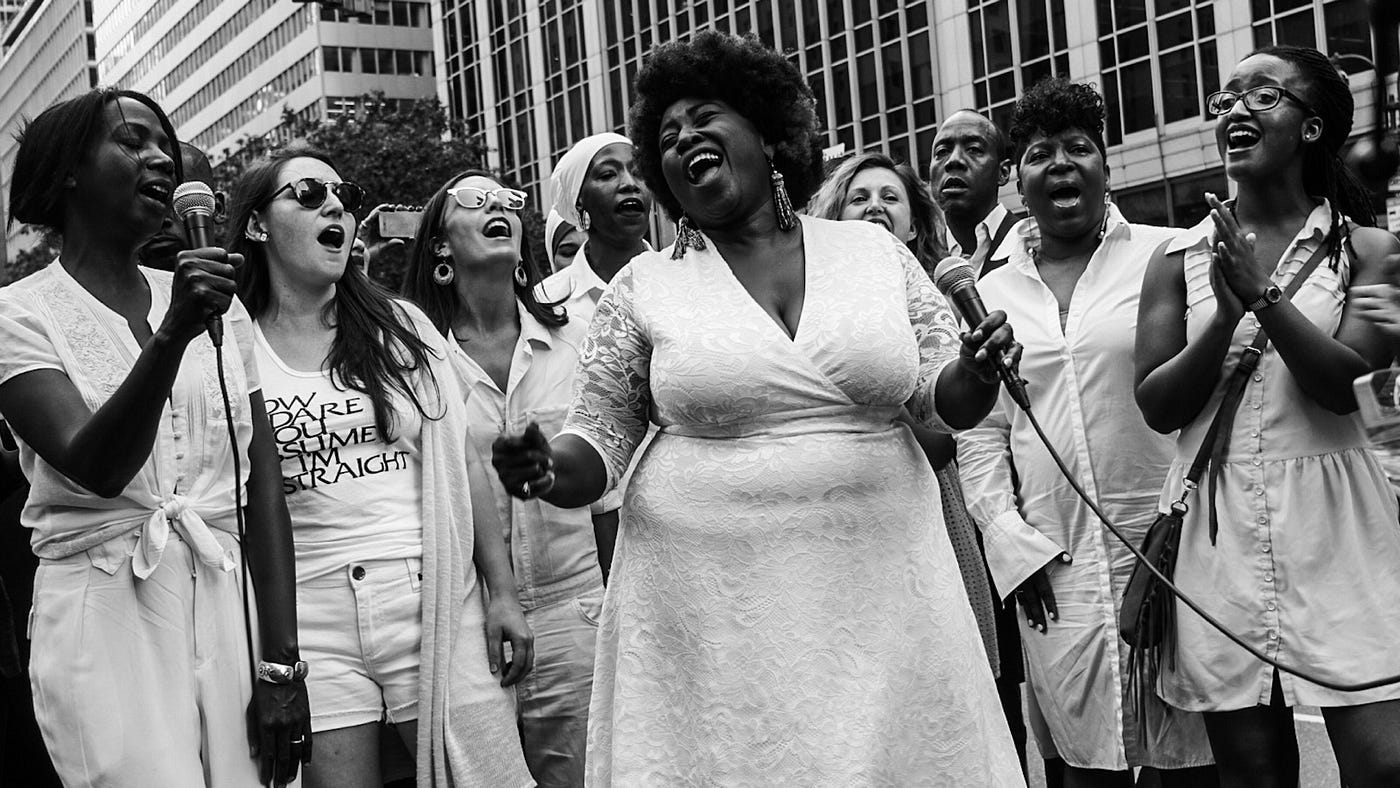General
Faith That Speaks Truth to Power: Reform Rabbis Reject White Nationalism
A few weeks ago, the U.S. Reform Jewish community delivered a powerful message of moral clarity. The Central Conference of American Rabbis (CCAR), a leading voice in progressive Judaism, passed a bold resolution explicitly opposing white Christian nationalism and affirming its commitment to diversity, equity, and inclusion (DEI). This action demonstrates the power of empowering and mobilizing the Jewish community to challenge the growing threats to democracy and pluralism by reclaiming and correcting the false narrative promoted by white Christian nationalist rhetoric. It also offers a vital example of how faith communities can and must speak out.
The resolution, entitled “Concerning Rising White Christian Nationalism in the United States,” makes the Reform movement’s position unmistakably clear: the blending of white supremacy, authoritarianism, and Christian exclusivism represents a real danger not just to Jews but to all Americans, particularly communities of color, LGBTQ+ people, immigrants, and religious minorities. A May 2025 poll by GBAO Strategies revealed that 74% of American Jewish voters disapprove of Donald Trump's job performance, with 70% strongly disapproving. Additionally, 52% of American Jews believe Trump is antisemitic, and 72% consider him dangerous. The CCAR's stand signals that silence in the face of this movement is not an option.
This growing alignment around DEI and hate and bigotry work is not happening in isolation. It results from years of collaboration among various denominations and advocacy organizations, now recognized as a unified effort as people of this nation to be recommitted to a society that reflects religious liberty and pluralism for all.
Faith-based resistance to white Christian nationalism isn’t about rejecting Christianity. It’s about rejecting the distortion of Christianity into a political tool used to exclude, dominate, and suppress the oppressed. Many Christian leaders, such as Rev. Jennifer Butler and Rev. Shannon Fleck, from progressive mainline Protestants to interfaith clergy coalitions, are also sounding the alarm and amplifying the voices of many in denouncing the Trump Administration's ‘Anti-Christian Bias Task Force.’ The misuse of Christianity as a nationalist weapon betrays its core message of humility and justice. In this climate, statements like the CCAR’s do more than raise awareness; they offer a moral and theological framework for organized resistance and proper separation of church and state for advocates of and for the Jewish community.
In standing against white Christian nationalism, Jewish leaders are also standing with others, Muslims, Christians, and people of no faith, who are working together to protect democracy, human dignity, and multifaith belonging.
For interfaith organizers, this moment is a call to deepen our coalitions. When religious leaders unify across traditions to confront injustice, their collective moral voice can cut through political polarizing noise and mobilize action. This is not just an act of solidarity; it’s a blueprint for building powerful interfaith movements rooted in shared values.
As we celebrate this news from the CCAR, let it renew our commitment to working together across faiths, races, and identities to resist fear-based politics and build a future rooted in justice and collective liberation.
The views and beliefs expressed in this post and all Interfaith Alliance blogs are those held by the author of each respective piece. To learn more about the organizational views, policies, and positions of Interfaith Alliance on any issues, please contact [email protected].
Transcript

Announcing the 2025-2026 Interfaith Leadership Network Fellows
Interfaith Alliance is proud to announce the 2025–2026 cohort of the Interfaith Leadership Network, an extraordinary group of clergy, pro-democracy advocates, and community leaders advancing civil rights, inclusive religious freedom, and democracy in communities across the country. Through practical support, funding, and a powerful peer network, these fellows will mobilize interfaith collaboration to confront urgent local challenges and strengthen a pluralistic democracy.

One Year of The Trump Administration’s Attacks on Faith Communities and Abuse of Religion
Over its first year, the Trump administration has weaponized religion to advance a white Christian nationalist agenda, attacking faith leaders, houses of worship, immigrants, and religious minorities while undermining core principles of religious freedom. Even as federal power has been used to intimidate and exclude, faith communities across traditions have mobilized to defend democracy, pluralism, and the right of all people to practice their beliefs.

